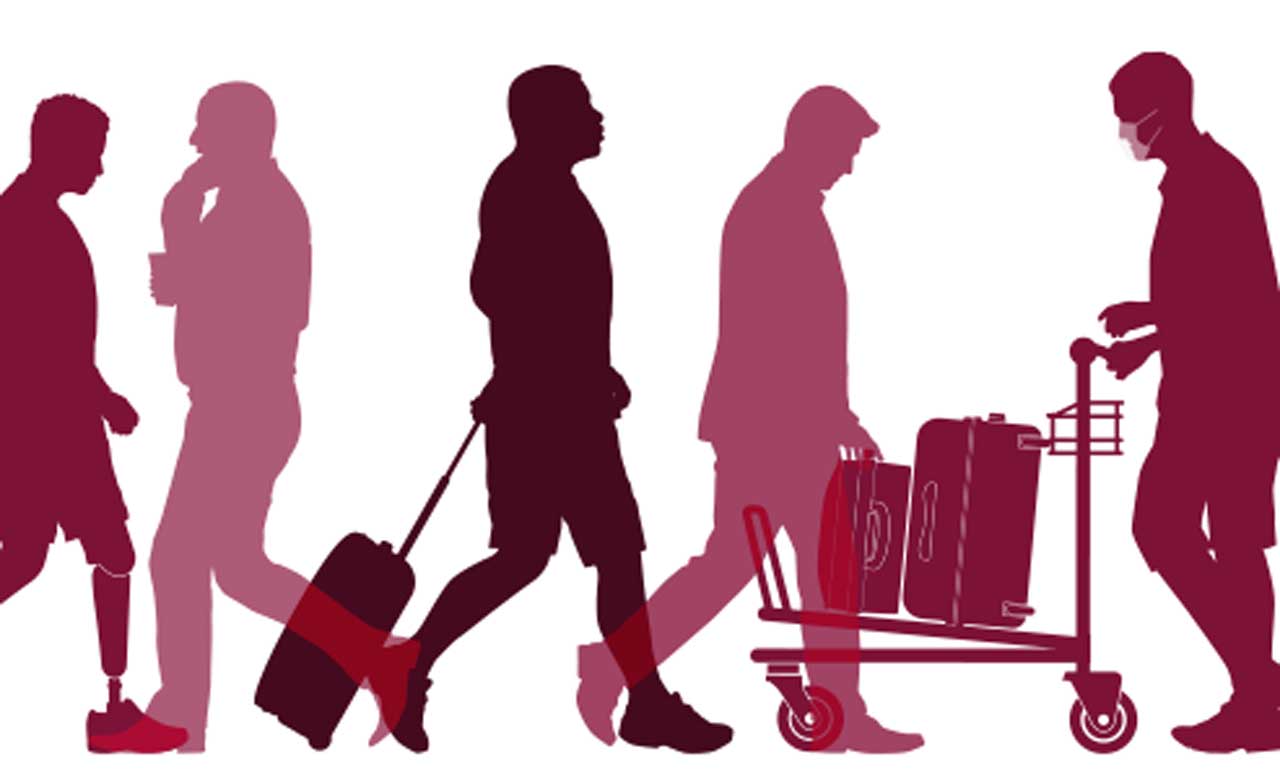Sonya Collins

As summer approaches, pharmacy staff may begin to field more questions about how patients can manage their health and their medications while they travel, especially during extended travel abroad.
To help patients stay safe, healthy, and adherent to their medications while traveling abroad, pharmacists should be prepared to address questions about extra prescription medications, COVID-19 and other vaccines, and how to prevent and treat illness while abroad.
Crossing a border with prescription meds
Before entering a foreign country, patients should be advised that some medications are not allowed across certain borders.
“ADD medication is one that can be problematic,” said Beverly Schaefer, BSPharm, who sees patients in the travel clinic at Katterman’s Sandpoint Pharmacy in Seattle, WA. “You’ll need to find out if there’s any limitation on bringing that type of medication into the country that you’re visiting.”
CDC advises travelers to check with the embassies of the countries they are visiting—and in which they will have layovers—to confirm that they can bring in their medications. Some countries require proof of prescription or other documentation. Some place limits on how much of a particular medication can come in, such as a 30-day supply.
Having enough medication abroad
When travel plans do not align with prescription refill dates, patients may run out of medications while on the road or abroad. Stateside, they can simply pick up a refill at a pharmacy at their destination. But that’s not the case outside the United States.
Patients who need a larger supply of medications to last them through a trip abroad will need to call their insurance provider and request a vacation override, making it explicitly clear that they will be outside of the United States. The payer still may not approve the request.
“It depends on the health plan, but a lot of them are pretty stingy about giving that extra medication,” Schaefer said.
If payers refuse to dole out medications in advance, patients’ only recourse may be to pay for the extra supply out of pocket. For high-cost prescription drugs, pharmacists can point patients to discount programs.
Keeping track of medications abroad
Travelers often get the advice to keep all medications in carry-on luggage in case checked bags are delayed. Schaefer takes this recommendation a step further.
“Take your medication in two separate containers that you keep in two separate places so that if you lose one, you have a backup,” she said.
For international destinations, traveling with enough medication and having a backup is imperative, she says. “If you lose your medication while traveling, in some cases, there might be some mechanism for getting it abroad, but it’s really hard—in fact, nearly impossible—to mail medications abroad.”
In the event that patients lose critical prescription drugs while on foreign soil and find that their medications are not available locally, they will need to seek medical care where they are and expect to be put on a different medication until they return home.
COVID-19 preparedness
Patients may ask whether they should get additional COVID-19 boosters, above and beyond those that CDC recommends, for extra protection while they travel.
“There really isn’t any indication for a second bivalent dose,” Schaefer said. “The science is not clear on whether that offers any additional immunity.”
Patients may also request Paxlovid (Pfizer) for their travels in case they contract COVID-19 on the road. “I don’t recommend that in part because I think it would be taken inappropriately as soon as people get a cold. If they want it, I recommend they get their primary care provider to prescribe it,” said Schaefer.
Travel vaccines in context
CDC recommends numerous vaccines for everyone who visits any given country, but the needs of travelers headed out on safari are very different from those who never plan to leave the confines of their all-inclusive resort.
“CDC has to be all things to all people and cover every protection possible,” Schaefer said. “The beauty of a travel consult is to sit down with someone and offer practical advice based on their individual risk.” ■